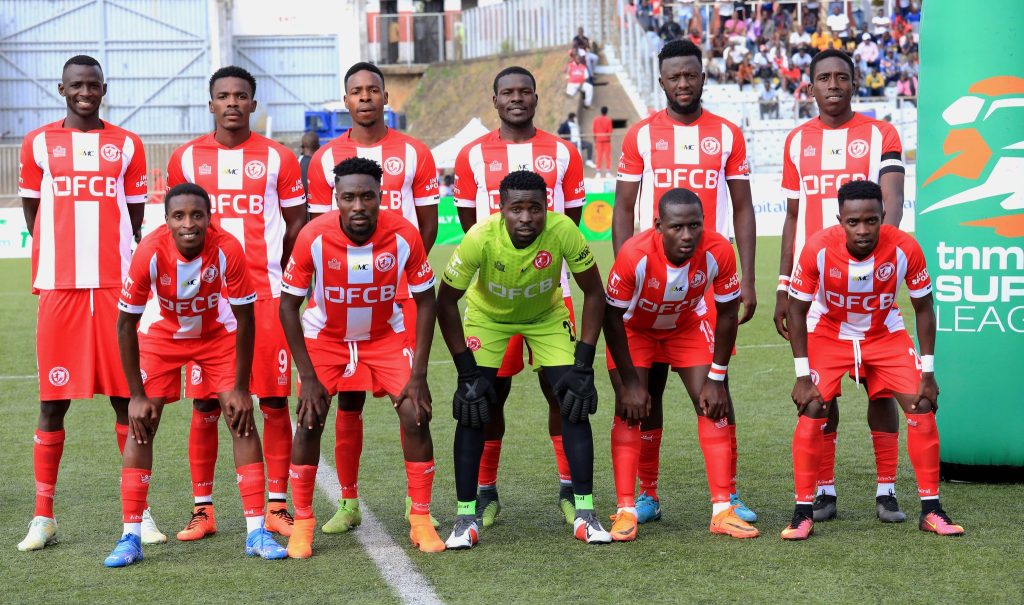Ask a layman on the street what the biggest threat journalists face when doing their work in an election period is, eight out of 10 people will tell you that it is the threat of intimidation, harassment, and, sometimes, arrests.
Civil society organisations would probably cite a hostile legal and political framework that limits the reporters’ access to information they need to do their work of providing accurate, reliable and verifiable information to voters.
Ask the practicing reporters, most of them would complain of the constant pressure to meet deadlines, dealing with reluctant sources and a general lack of resources as some of the biggest threats to their noble work.
Rarely do any of these actors talk about poor remuneration packages in some local newsrooms. It is not clear whether the lack of discussion is because the stakeholders do not recognise this as a threat or just borne out of the need to avoid an uncomfortable discussion.
The bottom line is this has not been discussed enough. That is why it was so refreshing to see representatives from the Media Council of Malawi, the Malawi Electoral Commission (MEC) and the Ministry of Information and Digitalisation discuss this topic at length.
In a panel discussion titled “Guardians of Democracy: Is the Malawi Media Free and Independent to Contribute to Free, fair and Credible Election”, MCM chairperson Jolly Ntaba observed that the poor economic condition that journalists operate in could threaten the media’s role in a democracy.
It is an open secret that remuneration packages in the local media landscape are generally on the lower side. It is only the established media institutions that can offer competitive rates and pay their journalists consistently.
Perhaps, as we approach the tripartite elections next year, the time is ripe to delve into a deep discussion on how the low pay can influence or undermine a reporter’s capacity to report objectively and fairly on social issues.
Some reporters working outside of the established media institutions go months without full pay. Many factors influence this. Some media institutions will point out that they are working in a hostile economic environment.
Sometimes it is just because some reporters work for institutions for years on end without formal agreements. Ergo, the institution I under no obligation to pay said reporter or provide any benefits for working with them.
In an environment like that, handouts from event organisers and politicians, popularly referred to as chiponda in media circles, are a vital source of income for them. Placing a journalist in a situation where they have to survive on handouts from news sources when the news sources have political interests creates a breeding ground for corruption.
Reporters can be enticed to cover only the sources that can provide kachiponda and slant the narrative to angles and perspectives that align with their interests.
Now, professional and functional media are essential to the development of democracy in contemporary societies. After all, democracies only work when voters are empowered to make informed choices when selecting leaders to govern them.
The media, particularly mainstream journalism or reporting, is essential in ensuring that voters have reliable, accurate and verifiable information to use when assessing the leadership credentials of political candidates and the policies they intend to follow if and when they assume leadership positions.
When journalists only follow media sources that can pay for the “publicity” in the media, slant news stories to fit the interest of their benefactor, or downright take bribes to “bury” stories that can compromise the interests of a “sponsor” that system collapses.
Of course, journalists like any other professional, have to be ethical and moral when doing their noble work. However, society should also recognise the scribes as professionals that are offering a service for fair pay to make ends meet.
Instead of asking whether it would be ethical for a journalist to work without pay or on below-average salaries, perhaps we should be asking whether it is ethical to expect them to work in those kinds of conditions.
MCM and the Media Institute of Southern Africa-Malawi Chapter (Misa-Malawi) can take the leading role and partner with institutions such as the Malawi Congress of Trade Union to ensure that economic conditions in media institutions are fair.
Either that, or we can have our chances of having a credible tripartite next year for a song because an underpaid journalist thought it was best to prioritise their economic interest over public and national interests.
The post Chiponda: A silent threat to local democratic principles first appeared on Nation Online.
The post Chiponda: A silent threat to local democratic principles appeared first on Nation Online.
 Moni Malawi
Moni Malawi 
